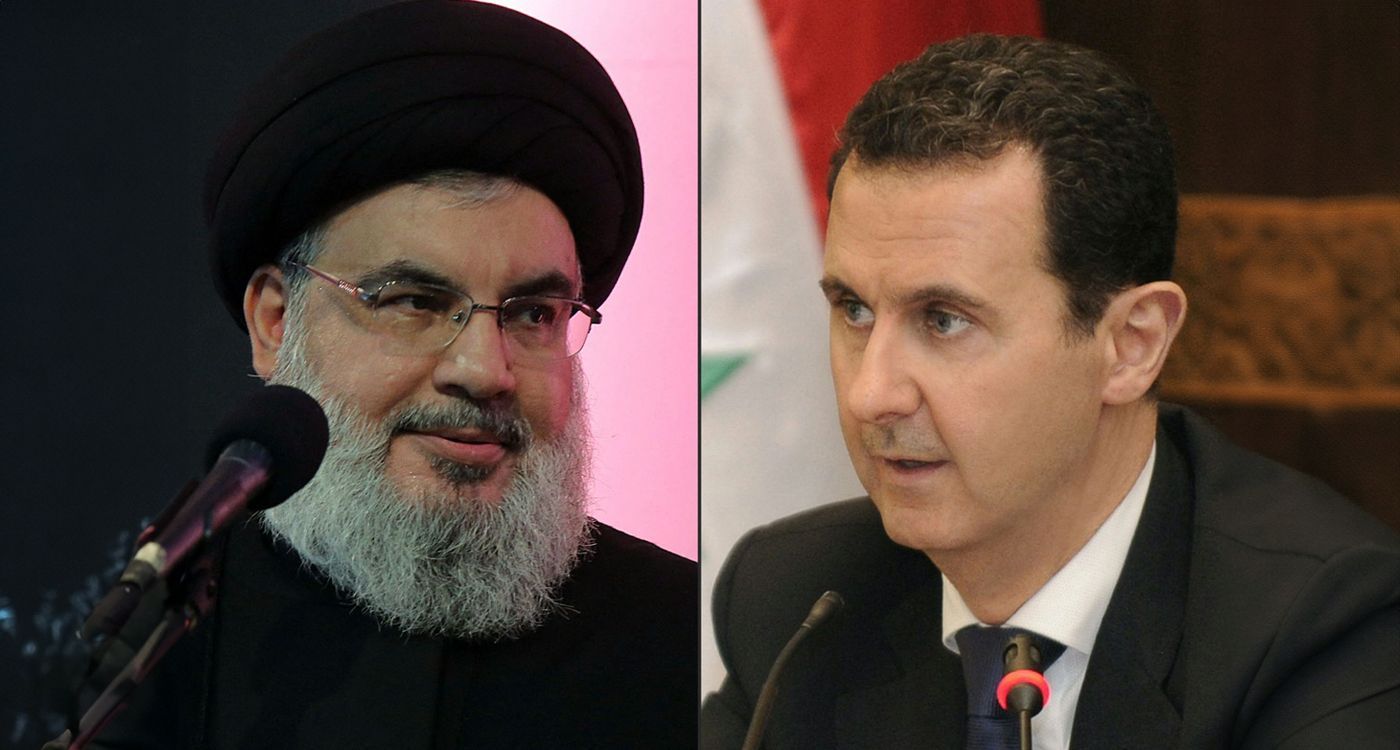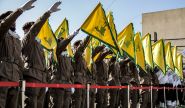
By leveraging the vulnerabilities created by Hezbollah's participation in the Syrian war, Israeli intelligence has dealt painful blows to the organization, including targeted assassinations and the dramatic "pager" operation.
After decades of unresolved military confrontations, Israel seems to have gained the upper hand over Hezbollah since September 1. The killing of prominent leaders within the pro-Iranian militia, with the most high-profile being the assassination of Secretary-General Hassan Nasrallah, signals a major shift in Israel's strategy and the power dynamics. These targeted operations have been facilitated by a marked improvement in Israel’s intelligence capabilities.
In the 2006 war, Israel made several unsuccessful attempts to eliminate Nasrallah. However, on the evening of Friday, September 27, the Israeli Army succeeded in locating the Hezbollah leader in a bunker beneath an apartment complex in southern Beirut.
Israeli media reports indicate that as many as 80 bombs were dropped on the site to ensure he would not survive.
“We will reach everyone, everywhere,” asserted the pilot of the F-15 fighter jet involved in the operation, as reported by Israeli media.
The Syrian predicament
Hezbollah's involvement in the Syrian conflict alongside Bashar al-Assad's regime has been a key factor in Israel’s intelligence gathering.
Through its involvement in Syria, Hezbollah has had to broaden its operations, which has expanded its organizational structure and potentially created vulnerabilities in its internal security. Israeli intelligence services have capitalized on this cross-border expansion to infiltrate the group and collect crucial information.
Israeli officials recently disclosed that the war in Syria has generated a massive amount of publicly accessible data. The “martyr portrait posters” displayed by Hezbollah to commemorate its fallen fighters are believed to have offered insights into the fighters’ origins, the locations of their deaths, and their social media networks.
Moreover, the funerals of Hezbollah members often attract high-ranking officials, providing intelligence services with unprecedented opportunities for surveillance.
A former senior Lebanese official, quoted by The Financial Times, indicated that Hezbollah’s support for Assad has resulted in increased vulnerability to foreign intelligence services. “They (Hezbollah) had to expose themselves in Syria,” he said, emphasizing that the group had to cooperate with Syrian and Russian intelligence services, which are often infiltrated or monitored by Western agencies.
The Use of Technology for Intelligence Purposes
Israel has simultaneously benefited from its growing technological superiority. With spy satellites, advanced drones, and sophisticated cyber-espionage capabilities, Israeli intelligence services have been able to monitor and assess Hezbollah's movements with unprecedented precision.
Unit 8200, specializing in electronic and digital intelligence, has played a crucial role in intercepting communications and infiltrating various communication devices.
The algorithms developed by Unit 9900 have enabled the processing of terabytes of images and data to detect even the smallest changes, such as the emergence of new structures or changes in Hezbollah members' routines. By monitoring the movement patterns and communications of Hezbollah fighters, Israel has been able to effectively identify and target high-ranking officials within the group.
The “pager” attack is a striking example of this technological sophistication. By sabotaging thousands of pagers used by Hezbollah members, Israel managed to cause severe injuries and permanent disabilities among Hezbollah fighters, while sowing confusion within the pro-Iranian group.
Israeli Prime Minister Benjamin Netanyahu has made it clear that operations against Hezbollah will persist. “We have damaged and weakened Hezbollah, but it remains a serious threat,” he stated.
For the much weakened pro-Iranian group, the challenge will be to reorganize and restructure its leadership while facing mounting international pressure to disarm and the Israeli Army's ground operations in southern Lebanon.
Its involvement in the Syrian military conflict, which was originally intended to bolster its regional position, has unexpectedly revealed vulnerabilities that have ultimately proven fatal for the group.




Comments